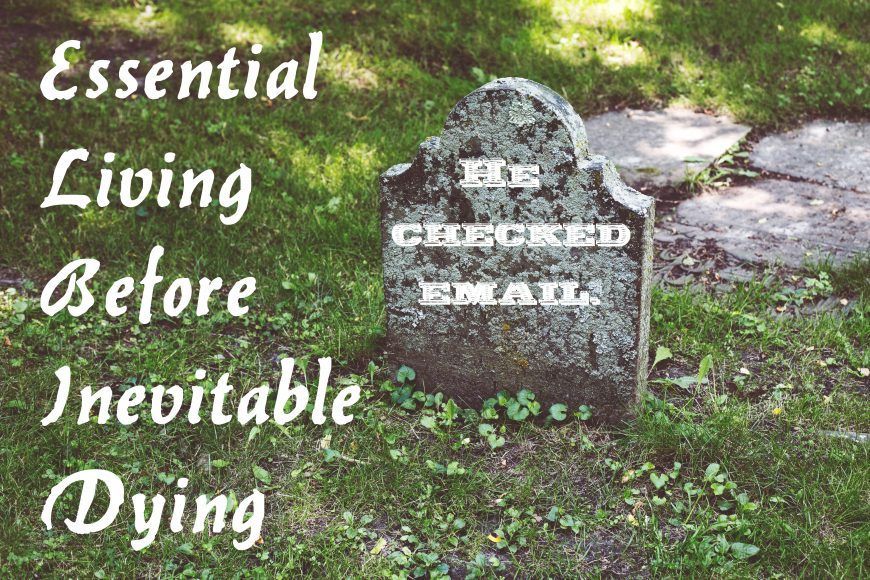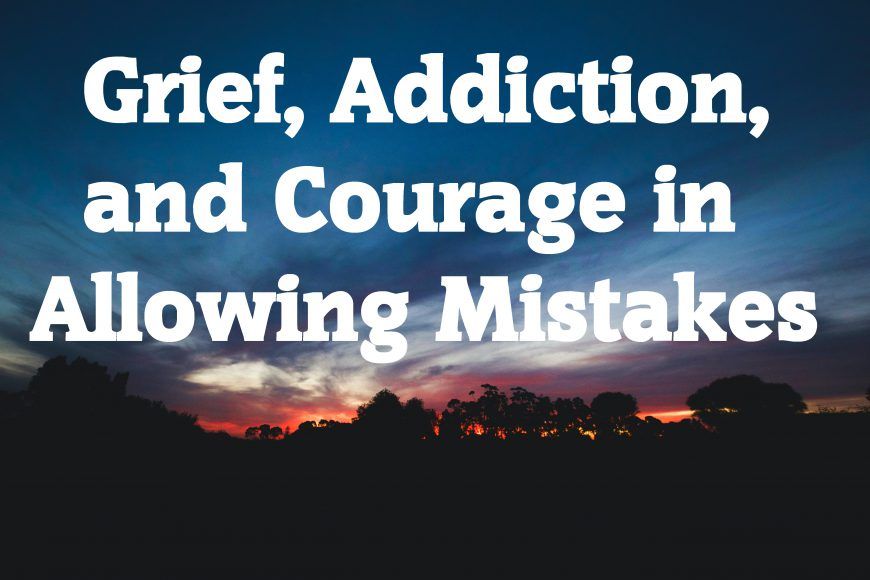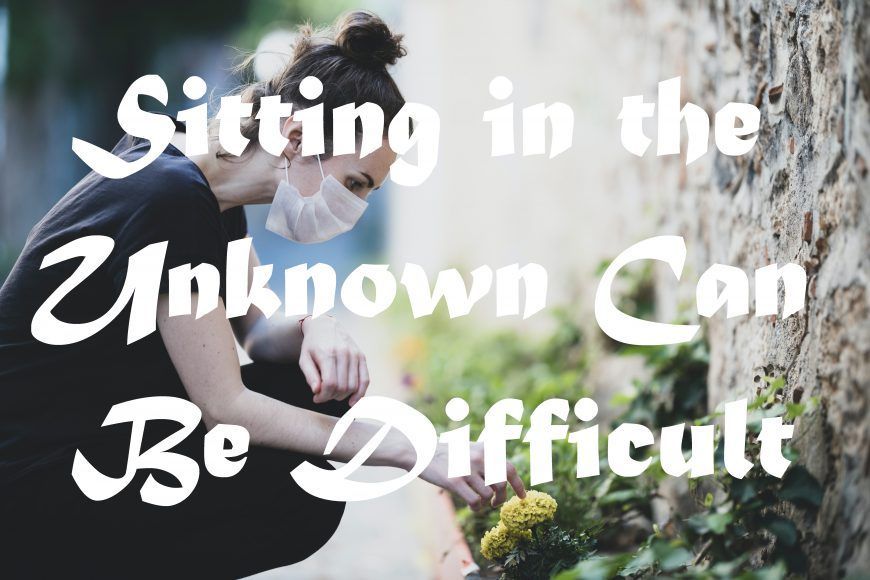RAIN Meditation for Grief
The visceral experience of grief within one’s body, mind, and soul has often been compared to weather phenomena: a tidal wave, a raging storm, or even a gentle breeze.
Sometimes grief appears suddenly, without warning, seemingly out of nowhere. Other times grief can be seen from a distance, anticipated with an arising feeling of unease, restlessness, or discontentment. Sometimes the power of grief overtakes us, knocks us over, leaves us breathless with fear and despair. Other times it moves softly through our heart, leaving us full of bittersweet gratitude for the past and wistfulness for the loss of the future.
RAIN Meditation for Grief
Whether grief feels overwhelmingly painful or gently melancholic, it presents an opportunity to the griever to practice a very special meditation called RAIN.
RAIN, an acronym that stands for Recognize, Allow, Investigate, and Nurture, is a mindfulness tool developed by psychologist and meditation teacher Tara Brach, of Washington, D.C.
Practicing RAIN may help those experiencing grief find a little detachment. It may help those in pain find a little self-compassion. It may help those gripped by regret for the past or longing for the future find a little presence.
R – Recognize
The first step of RAIN is to recognize what is happening within me now. What thoughts, emotions, behaviors, or physical sensations are beginning to arise within me? Is my mind racing with a story? Do I feel overwhelmed by the unfairness of my situation? Do I feel numb, irritable, enraged, or despairing? Am I overworking, drinking, or eating to numb out? Practice recognizing what’s going inside by mentally noting, whispering out loud, or writing a few words on a piece of paper. Name it: … feel hopeless… want to escape… confused… want to cry. Simply note what is coming up – without judgement, without labeling anything “good” or “bad.”
A – Allow
The second step of RAIN is to allow the experience to be there. I say “yes” or “it’s OK” to this moment, however uncomfortable. I accept that there is a disturbance within me. I surrender all resistance. The act of allowing may create even a tiny bit of space between me and the storm of grief moving through me. Breathe. Repeat “I can allow this” each time you exhale.
I – Investigate
Now, I deepen my recognition of what’s happening by bringing my awareness more fully into the physical experience of grief. I move my attention from inside my mind to inside my body. What do I feel, somatically? I investigate deeper by becoming curious about what is really happening within me now. Is my throat choked? My heart pounding? Is there pain, numbness, pressure, fluttering, tightness, or aching? These physical sensations are an inner embodiment of my emotions. see *Note for further explanation
N – Nurture
The last step of RAIN is to nurture myself through the experience. Can I bring loving kindness to my experience of grief? Can I wrap my pain with warm arms of comfort, courage, and compassion? Can I detach from and witness the sensations without judgement as they pass through me? Can I relax and be gentle with myself as I undergo this process?
After the RAIN
There’s often a feeling of freshness after a rain. The blacktop smells smoky. The air feels dewy. The breeze is new. The sun shines down and invisibly lifts the last traces of water from the earth. The memory of the dark storm may still be there, visible above but moving slowly onward.
The storms of grief moving through us can leave us feeling shaken, tired, and drained. Yet, grief is also a purification, a burning away of the hardness in our hearts. Grief can be a spiritual cleansing that, if we can relax through it, can open our hearts to love, strength, and being. As Rumi says, “The wound is the place where the light enters you.”
* Note: Why not investigate mentally, intellectually, or psychologically? Why not dive deep into the “why” of my experience rather than the “what” ? The answer, according to Tara Brach, is twofold:
-
- Thoughts are often a distorted version of the truth. Storytelling, analyzing, and meaning-making are incredibly complex mental exercises that are influenced by myriad factors and are not reliable reflections of what’s really going on. An addict’s experience of denial is an example of how the mind can trick the host. As Eckhart Tolle says, “if there’s a conflict between an emotion (which lives in the body) and a thought, the thought will be the lie.”
- Thoughts rarely help us find peace; conversely, mental gymnastics can be very irritating to the psyche. They take us out of the present moment and pull us into the past or future. The book Sacred Journey of the Peaceful Warrior , by Dan Millman, depicts a scene in which the protagonist stands in a small circle of presence, with the future and past surrounding him, threatening him as dangerous forms of tigers and lions. The past can drag us down with the heaviness of depression; the future can jolt us into the jitteriness of anxiety. The body is a better portal into the present moment than the mind.
The investigate step of RAIN is not a mental analysis, nor is it an opportunity to gather psychological information. It’s not about finding the childhood roots or causes and effects. It’s not an exploration of my personality, my history, or my beliefs. Feeling my grief as pure energetic emotion, and locating it in my body, is the key to this practice.












